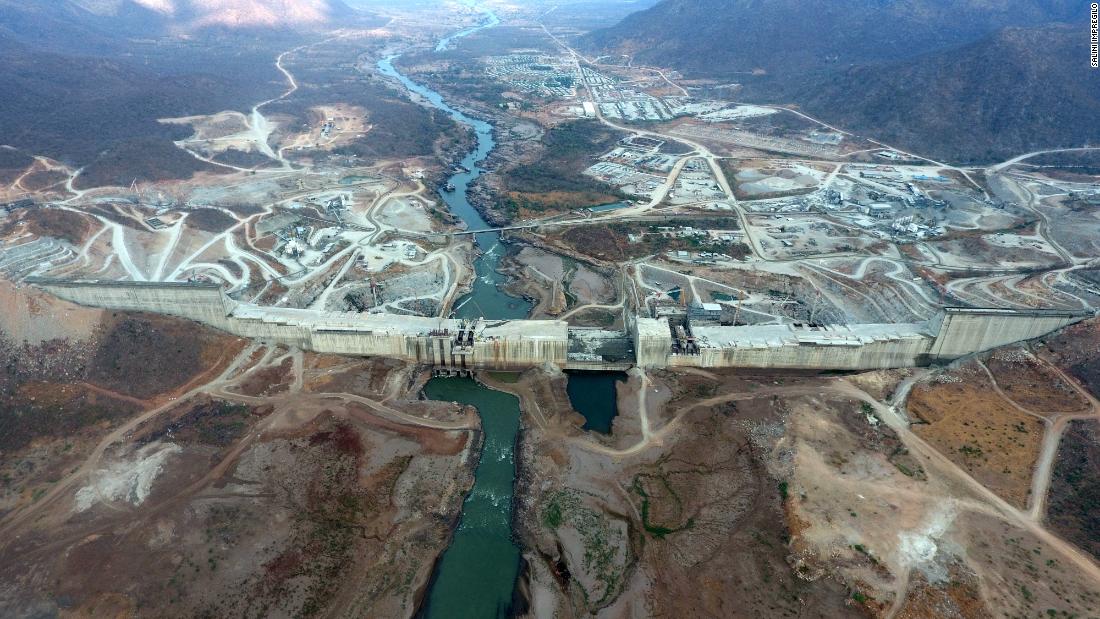Egypt’s Minister of Irrigation and Water Resources Mohamed Abdel Ati stated on Tuesday in a virtual conference with Inger Andersen, Director of the United Nations Environment Program, that Ethiopia’s unilateral measures violates the principles of international law and the 2015 Declaration of Principles signed by the three countries (Egypt, Sudan and Ethiopia). In a statement, Abdel Ati noted that while Egypt is not against the development project of the Grand Ethiopian Renaissance Dam (GERD), it rejects unilateral approaches that do not take into account the negative repercussions on other countries along the Nile, particularly Egypt and Sudan, which suffer from limited water resources and the effects of climate change. This comes after Abdel Ati received on Monday an official letter from Ethiopia’s Minister of Water, Irrigation and Energy Seleshi Bekele confirming that Ethiopia had already began with the process of the second filling phase of the GERD reservoir without reaching a legally binding agreement. In response to Bekele’s Monday letter, Abdel Ati sent an official letter to the Ethiopian Minister voicing Egypt’s rejection of Ethiopia’s unilateral act, as this represents a violation of the 2015 Declaration of Principles and international…
Egypt Says Ethiopia’s Unilateral Second GERD Filling “Threatens Security” in the Region
July 6, 2021



